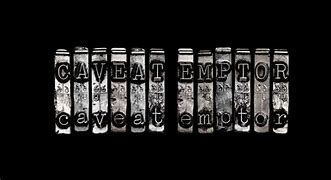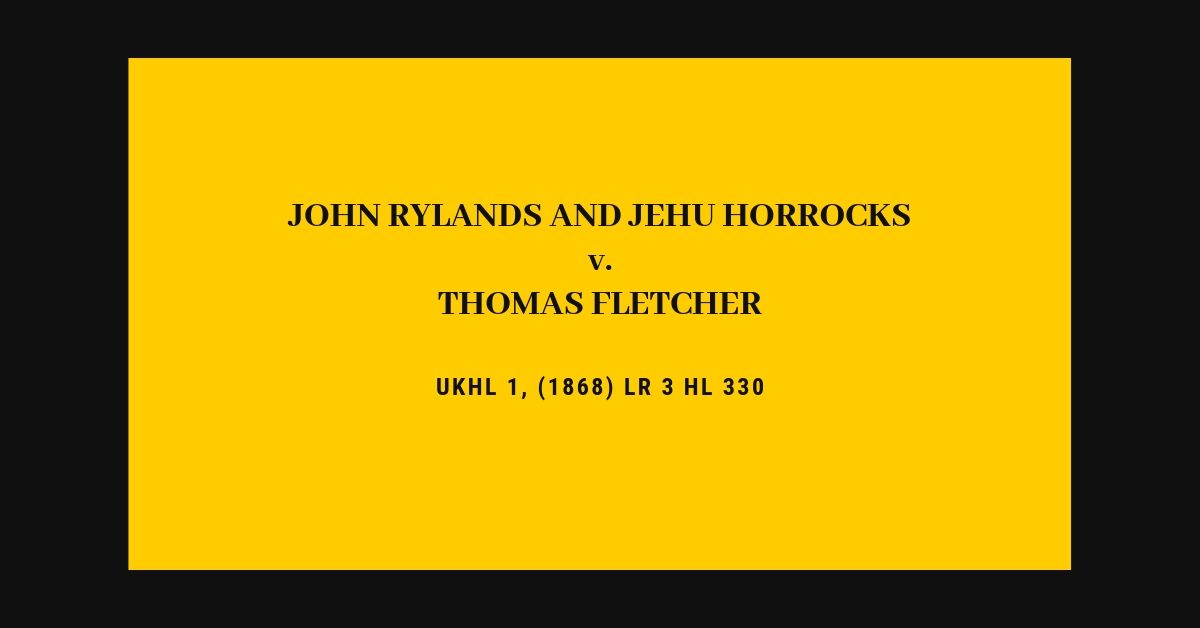Caveat Emptor – derived from word ‘caveat’ (i.e. may he beware) + ‘emptor’ (i.e. buyer). It is a Latin term which means ‘‘let the buyer beware’’. According to this rule, the buyer himself should be careful while purchasing the goods and he should himself ascertain those goods suit his purpose.
Category Archives: Tort
Revisiting Rylands v. Fletcher
|| Areeb Sadaf || The rule which was laid down in Ryland v. Fletcher, in 1968 by the House of Lords was of ‘No fault’ liability. The liability was recognised as ‘Strict liability’, i.e, even if the defendant was not negligent or rather, even if the defendant did not intentionally cause any harm, or heContinueContinue reading “Revisiting Rylands v. Fletcher”


